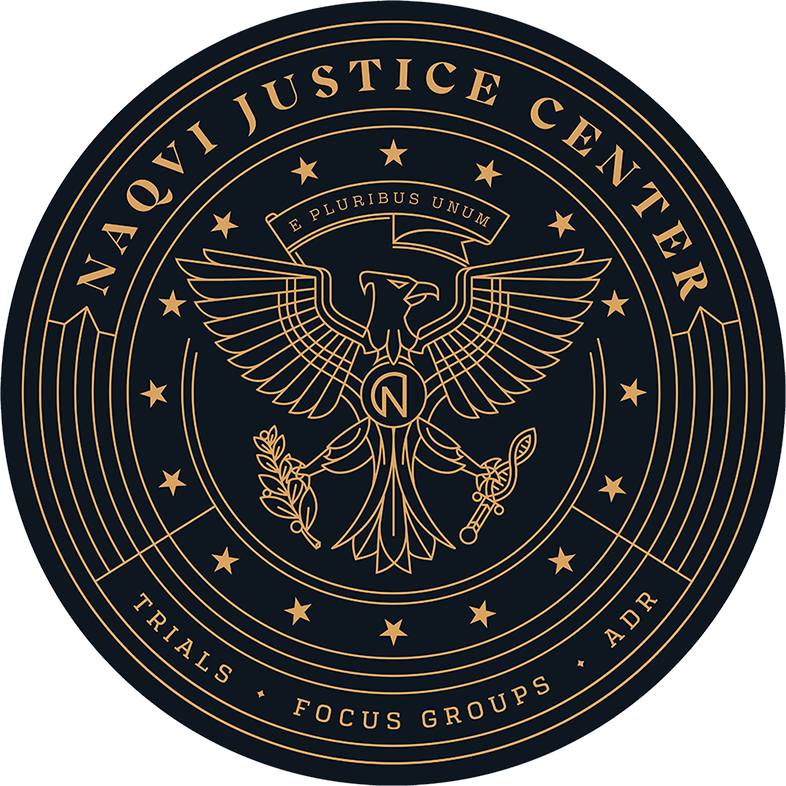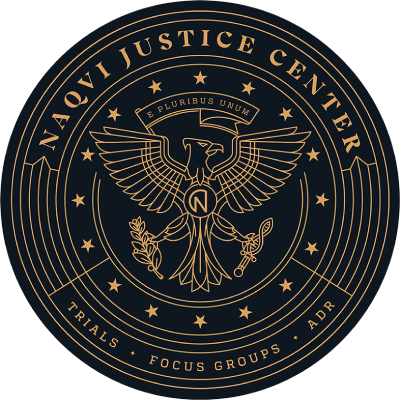Twenty-nine-year-old Monique Leiwalo was eight months pregnant when she died in an alcohol-related vehicle collision near the intersection of Rainbow Boulevard and Lake Mead Boulevard.
According to police and witnesses, 29-year-old Timothy Naas sideswiped another vehicle, sending it careening into the rear end of Ms. Leiwalo’s vehicle. The force of the impact propelled her car off the road and into a pole. She and her unborn child died almost instantly. Mr. Naas, who initially fled the scene, was arrested some time later. He now faces various charges, including DUI manslaughter and leaving the scene of a fatal accident.
“It’s a blessing that was just taken from us in a matter of seconds,” lamented the victim’s sister Jasmine Leiwalo.
Unborn Children and Wrongful Death in Nevada
As it is in most jurisdictions, the Silver State’s laws in this area are rather ambiguous. At least one state Supreme Court case — 1972’s Weaks v. Mounter — has ruled that an unborn child may be a “person” for purposes of the wrongful death statute. Other cases and statutes, however, indicate that an unborn child is not a “person” in this legal context.
In most Las Vegas fatal accident cases, the tortfeasor (negligent driver) is liable for pecuniary losses. This term generally includes:
- Medical bills from the decedent’s final illness or injury,
- Funeral and burial costs,
- Lost future income,
- The decedent’s pain and suffering, and
- Lost emotional guidance for any dependents.
When the decedent is very young, these damages are very hard to calculate. So, attorneys often partner with financial professionals. These individuals give the jury a clear idea as to the dollars and cents of the loss.
Liability in Nevada Alcohol Crashes
To establish legal responsibility for damages, victim/plaintiffs may rely on either direct or circumstantial evidence of impairment.
If the tortfeasor is charged with DUI or another similar offense, the negligence per se shortcut usually applies. According to this doctrine, the tortfeasor is typically liable for damages as a matter of law if:
- The tortfeasor violated a safety statute, like DUI, and
- That infraction substantially caused the victim/plaintiff’s damages.
In the above case, it is clear that Mr. Naas substantially caused the victim’s damages, from a legal standpoint. It does not matter that his vehicle was not actually the one which collided with the victim.
Even if the tortfeasor was not charged with DUI, it’s usually possible to establish alcohol-related liability in Nevada. There is usually circumstantial evidence available, such as:
- Erratic driving,
- Bloodshot eyes,
- Unsteady balance, and
- Odor of alcohol.
Scientifically, impairment begins at one drink. Legally, the victim/plaintiff need only prove impairment by a preponderance of the evidence (more likely than not). So, if the tortfeasor exhibited any of the above warning signs or had recently visited a place that served alcohol, it is more likely than not that s/he had been drinking and was therefore impaired.
Many states also have dram shop laws which hold commercial alcohol providers liable for damages in these situations. In Nevada, the dram shop law only applies if the tortfeasor was under 21. However, another liability theory, like negligent undertaking, may apply in some cases.
Work With an Aggressive Lawyer
Auto accident victims are usually entitled to significant compensation. For a free consultation with an experienced personal injury attorney in Las Vegas, contact Naqvi Injury Law. We do not charge upfront legal fees in negligence cases.

